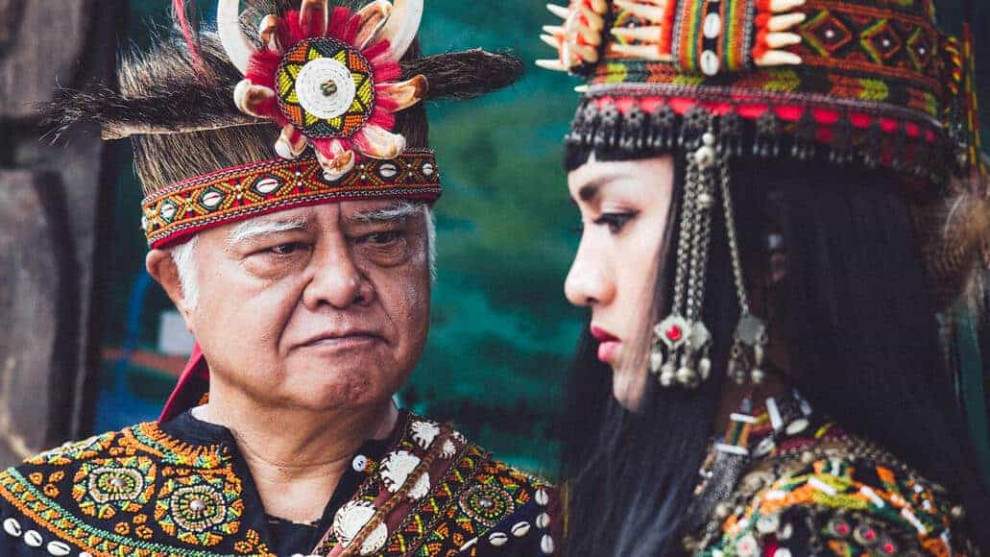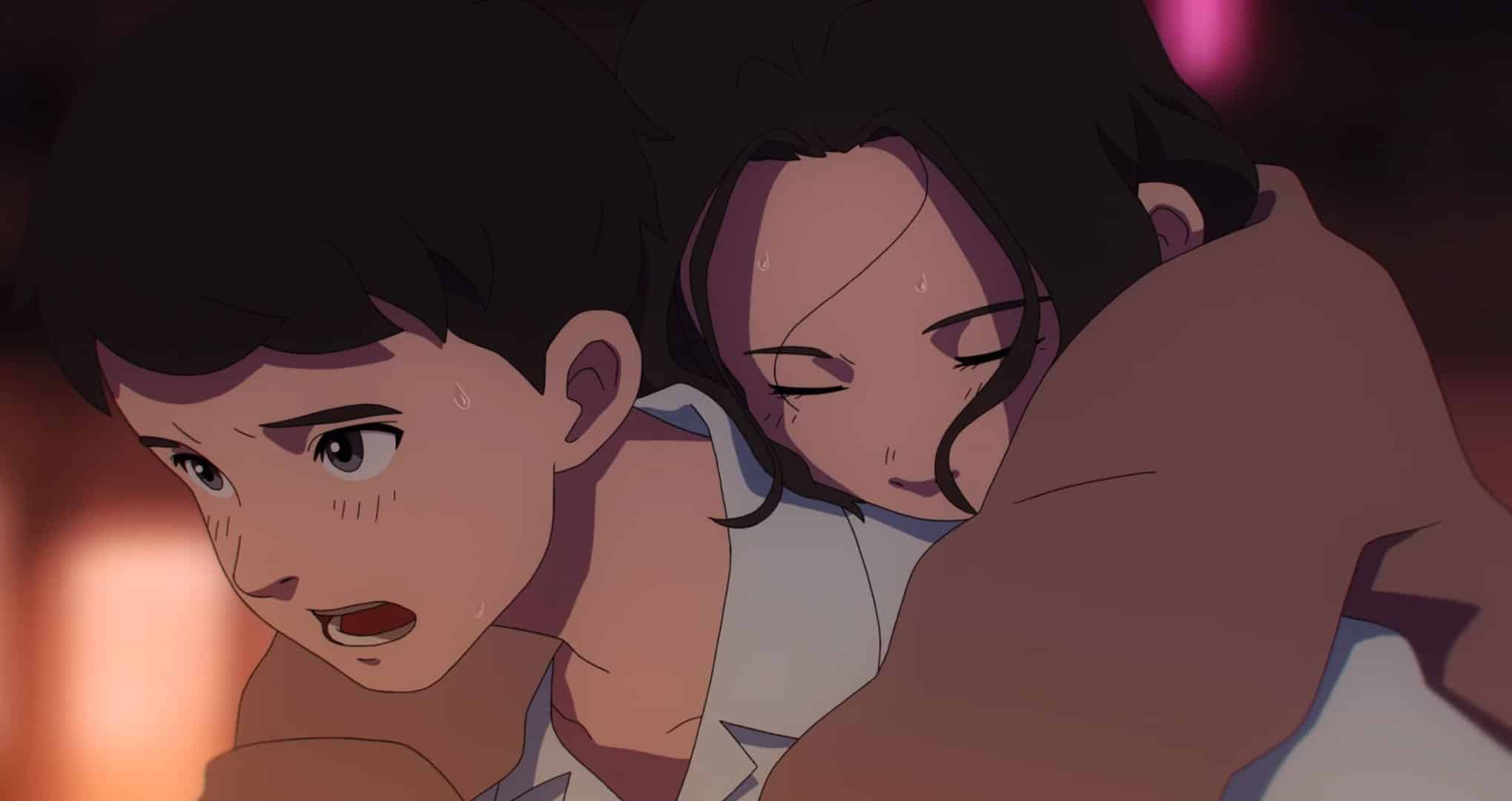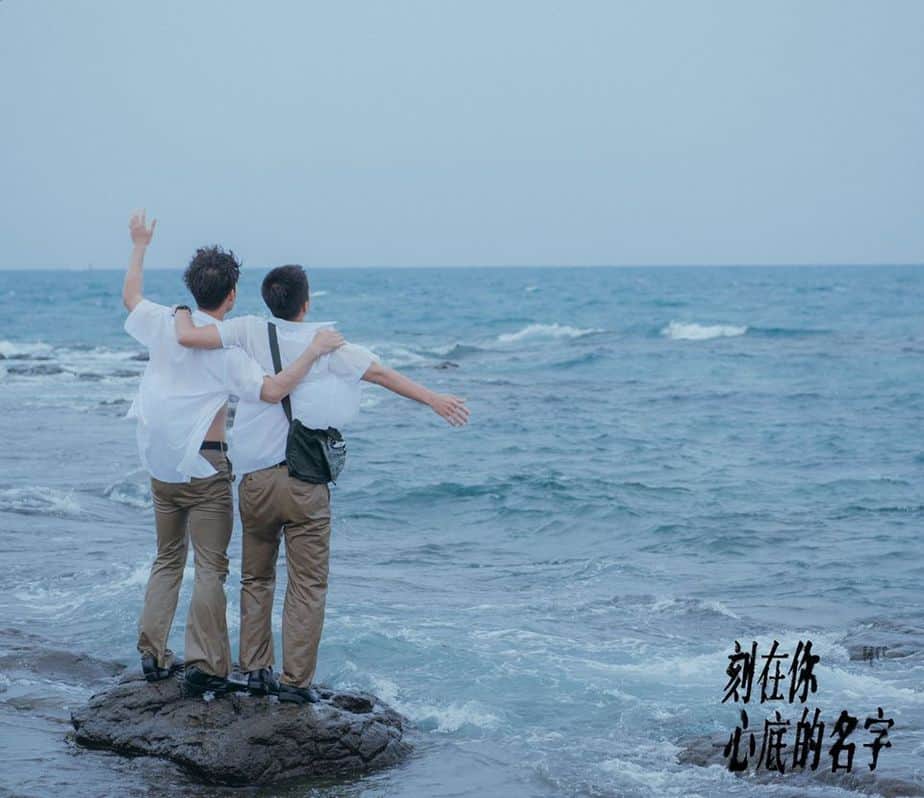“Are you a boy or a girl?”
While it seems as if the current wave of conservatism, old-fashioned ideals and xenophobia has the upper hand at time, there is no denying the tremendous change the global village goes through. Reactionary thinking and the insistence of an image of the world, which probably never was that great as the speaker imagines it, are hopefully by-products of progress, one that has already redefined many parts of our daily lives. As our nations struggle or start to re-think their identity, we may observe the new openness of that concept, and hopefully be ready for it.
Ultimately, this change and how we react to it may prove our worth as a society and as human beings. For Taiwanese director Wang Yu-lin, the moment he began contemplating on why two people of the same sex could fall in love, started in his twenties while he was in the military. In an interview with “Cinema Escapist”, the filmmaker states how an encounter with a shaman resulted in the best response on that topic: “Men and women have the same souls.” Appearances and sexual orientation of course define the person, but should not be a reason to look down on them in any way. In many ways, this revelation is the driving force behind his feature film “Alifu, the Prince/ss”.
“Alifu, the Prince/ss” is screening at Taiwan Film Festival Berlin

At the center of the film, we have Alifu (Utjung Tjakivalid), a young man living in Taipei, who dreams of having a sex reversal operation. He has saved his money working at a hair salon as well as a gay club owned by Sherry (Bamboo Chen) and her partner Wu (Wu Pong-fong). However, his plans are in sudden jeopardy when his father (Ara Kimbo) wants him to take over his role as chief of the tribe in his home town. Since he has not told his family about his sexual orientation or his plans for the future, he finally has to face his father and return to his home where he meets one of the most difficult challenges of his life.
Even though Alifu's story defines the narrative core of the film, the script, which Wang Yu-lin co-wrote, follows other stories and characters as well. However, each of the stories deals with topics such as relationships, love and identity, with various degrees of emphasis. Without going into detail, the cleverly constructed narrative offers many approaches to an overall complex topic, especially given the fact Wang Yu-lin also aims at the troubled link between change and tradition. At times, the sheer weight of the issues the film deals with is quite exhausting for the viewer and more than once the movie seems to drown in the task of bringing these narrative and thematic strands to a conclusion.
However, Wang Yu-lin has managed to assemble a great ensemble cast which holds the film together. Especially Utjung Tjakivalid gives an incredible performance as a character torn between his desire to become what he always wanted to be and the responsibility for his family. Thanks to his performance, along with Wang Yu-lin's direction, the film succeeds in giving a believable portrayal of LGBTQ-related themes. Additionally, this is also linked to the choice of setting, especially in the movie's depiction of the night life in Taipei and Blaire Ko's score.

In the end, “Alife, the Prince/ss” is an engaging tale about identity, love and relationships. Due to great performances, solid writing and good direction, this film will likely touch, amuse and provoke its audience into thinking about the importance of appearances. After all, what Wang Yu-lin has realized so many years ago may not be unique, but it takes a lot of effort and an open mind to put to see that we all “have the same souls.”
Sources:
Yang, Olivia (2017) Wang Yu-lin on Taiwanese Aborigines and Gender Identity in “Alifu, the Prince/ss”
https://www.cinemaescapist.com/2017/08/interview-wang-yu-lin-taiwanese-aborigines-gender-identity-alifu-princess/, last accessed on: 05/20/2019















